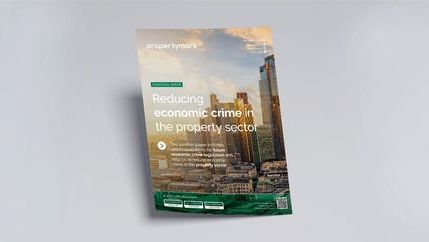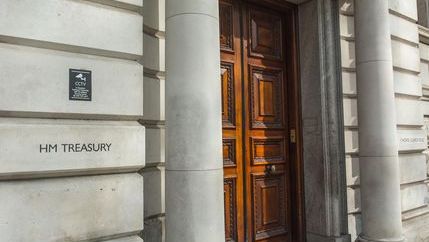
The Economic Crime (Transparency and Enforcement) Act brought in following Russia’s invasion of Ukraine, the introduction of the Register of Overseas Entities and the UK Government’s Economic Crime Plan 2023-2026 have focussed attention on the property sector and improving the UK’s reputation as a place where legitimate businesses can thrive while driving dirty money out of the country.
Supporting property agents to tackle money laundering
Purchasing property in the UK is a common method that can be used by organised criminals to launder the proceeds of criminal activity.
Property agents play an important role in reducing economic crime and must ensure they are taking appropriate measures to mitigate the risks of money laundering to their businesses adequately. However, more must be done to support professionals to comply and ensure the property sector is less vulnerable to attack from criminal activity.
Recommendation of six key areas for improvements
Regulate all UK property agents
Estate agents operating across the UK and letting agents in England and Northern Ireland are unregulated, which means anyone can set up a business. To work in the sector there are no minimum standards and there is no statutory regulation to ensure agents are suitably qualified. The UK Government must implement measures to ensure everyone in the industry is licensed, adheres to a strict code of practice, and holds (at least) a Level 3 qualification.
Compliance
HM Treasury must introduce an easily accessible Politically Exposed Person (PEP) list.
Supervision
Office for Professional Body Anti-Money Laundering Supervision (OPBAS) needs to facilitate and report on the exchange of information between supervisors within and across different industries. HM Treasury has to consolidate supervision across sectors by reducing the number of supervisory bodies, which would be more sector-specific.
Enforcement
Fines are an effective deterrent, and we know of several agents who have been fined by HMRC. A strong approach to enforcement and prosecution for non-compliance is essential and the National Crime Agency (NCA) and HMRC should be able to retain fines with money ring-fenced for investment in enforcement activity.
Suspicious Activity Reports
Improved guidance for Suspicious Activity Reports (SARS) is paramount, and the UK Government must develop a standard form for SARS tailored to the property sector.
Register of Overseas Entities
Property agents must be able to legally rely on the verification of beneficial owners on the Register of Overseas Entities as part of their own Customer Due Diligence and HM Land Registry detail must be linked with the Register to determine property ownership.
Reducing economic crime in the property sector
Purchasing property in the UK is a common method that can be used by serious organised criminals to launder the proceeds of criminal activity. This position paper includes recommendations that the UK Government should include in future legislation as well as other plans and reforms to reduce economic crime.
Influencing policymakers
The sheer size of the property market in the UK and the high value of property assets means that extremely large amounts of criminal funds can be ‘cleaned’ in a single transaction. The role of property agents needs to be strengthened to tackle economic crime.
Propertymark successfully lobbied for the introduction of the Register of Overseas Entities and worked with Companies House inputting to help shape the usability and development of the Register. However, the UK Government should not ignore our recommendations in order to future-proof the deterrent to laundering money in the property sector.






